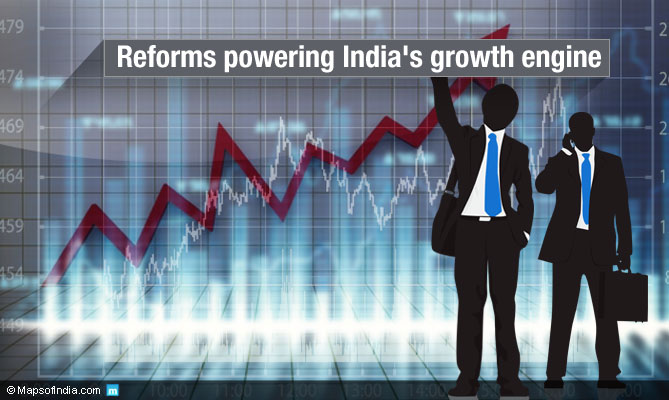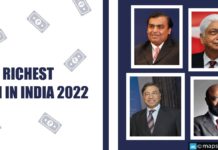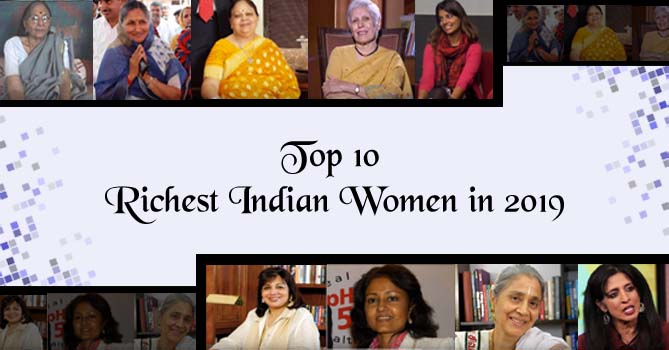The benchmark indices of the Indian stock markets continued to break previous records and scale new highs throughout this week. The BSE Sensex crossed the 28,000 mark for the first time. Both the 30-share BSE Sensex and the 50-share CNX NIFTY closed the week up 0.6% at 28,046 and 8389, respectively. The BSE small-cap index jumped up about 1 percent while the CNX mid-cap index perked up nearly 1.7 percent this week. Top gainers at the Sensex were DLF, ITC, Ambuja Cements, HDFC Bank, and Reliance Capital while the top losers of the index were Cipla, Reliance Power, ONGC, and Tata Power. Top NIFTY gainers were DLF, Bank of Baroda, Bajaj Auto, and Jaiprakash Associates while the top NIFTY losers were Cipla, ONGC, BPCL, and Tata Power.
The current bull run has been most heartening and has brought good cheer. With most of the quarterly earnings having been declared, market sentiments are now likely to be dominated by the pace of the global markets and by liquidity flows in the domestic economy. Foreign portfolio investors (FPIs) continue to repose faith in the Indian markets. FPI investment in Indian equities thus far this month has crossed the INR 6,923.90 crore mark. This is a considerable increase from the INR 892.35 crore in October 2014.
A surge in wedding season demand pushed gold prices up to INR 26,850 per 10 grams (Delhi rates) – the biggest gain in a single day this year. The depreciation of the domestic currency and strong global demand also played a vital role in this price rise.
Even as crude prices continue to fall, the Government of India announced an increase in excise duty on petrol and diesel this week. The INR 1.50 per litre hike will not affect the end customers, however, as fuel retailers are set to bear the addition.
Inflation figures drop
Data released this week reveals that in October 2014, retail inflation, also known as inflation based on the Consumer Price Index (CPI), scaled down to 5.52 percent. This is the lowest retail inflation since January 2012, when economists in the country started to measure inflation based on the CPI. A decline in food prices and lower fuel costs are primary causes for the slide in retail inflation. Food inflation, which has been steadily declining since May, fell to 2.7 percent – the lowest in almost two and a half years.
The wholesale price index (WPI)-based inflation cooled to 1.77 percent in October 2014 – the lowest since September 2009. The decline in WPI-based inflation from 2.38 percent in September has been a feather in the cap of the NDA Government that has declared its intent to drastically contain inflation in the country.
According to Government records released this week industrial production in the country grew by about 2.5 percent in the month of September. This is definitely heartening news as the growth is stronger than anticipated. The boost to industry in September was aided by a fall in retail price inflation and by the burgeoning demand of the festive season. The expansion of industrial output by factories and other utilities was anticipated to be about 2 percent. The news also comes as a major endorsement for the NDA Government’s ‘Make in India’ campaign targeted at boosting the domestic manufacturing industry. The index for industrial output (IIP) of August has also been revised from 0.4 percent to 0.5 percent.
The question that is now resounding across the country is the Central bank’s stand with regard to rate cuts and its credit policy. While the RBI is certain to face pressure to cut interest rates, worries now are that economic growth is likely to stoke demand and once again send prices bounding upward.
Modi advocates people-centric, people-driven economic reforms
Prime Minister Narendra Modi made a solid pitch for economic reforms to be delinked from the political process. Addressing the leaders of the G-20 nations at the retreat hosted by Australian Prime Minister Tony Abbott in Brisbane, Australia, the Indian PM said “There is bound to be resistance to reform, and therefore, it is essential to insulate the reform process from politics. Reform should be an institutionalised process.” Modi asserted that all economic reforms must be “people-centric and people-driven”. The PM’s statements to the leaders of the world’s 20 major economic powers comes as a prelude to a slew of reforms that Parliament is slated to pass this winter session. Among the major reforms anticipated are the ones on goods and services tax (GST) and the amendments to the land acquisition law.
A Bill for sweeping labour reforms and one allowing increase in foreign investment levels in the insurance sector are likely to be adopted in the session. The implementation of these reforms is a key factor necessary to complement the ‘Make in India’ campaign of the Government. It is also important to enable foreign investors to set up business in the country.
New LPG regime
The Government is implementing a modified the LPG subsidy scheme, part of the Direct Benefit Transfer Scheme, in over 54 districts of 11 States this week. The official press release said, “The Government has comprehensively reviewed the scheme and after examining the difficulties faced by the consumer, substantively modified the scheme prior to launch. The modified DBT scheme is being re-launched in 54 districts on November 15 in the first phase and in the rest of the country on January 1, 2015.” According to the scheme, all LPG domestic consumers will continue to get the gas at the subsidised price for three more months, ie, till February 15, 2015, during which one needs to register. From February 15, 2015 for a further period of three months (extension), the subsidised LPG cylinders will continue to be available for those who could not avail themselves of the scheme before February 15, 2015, but have to buy it at the market price first and will be reimbursed the subsidy after the registration.






